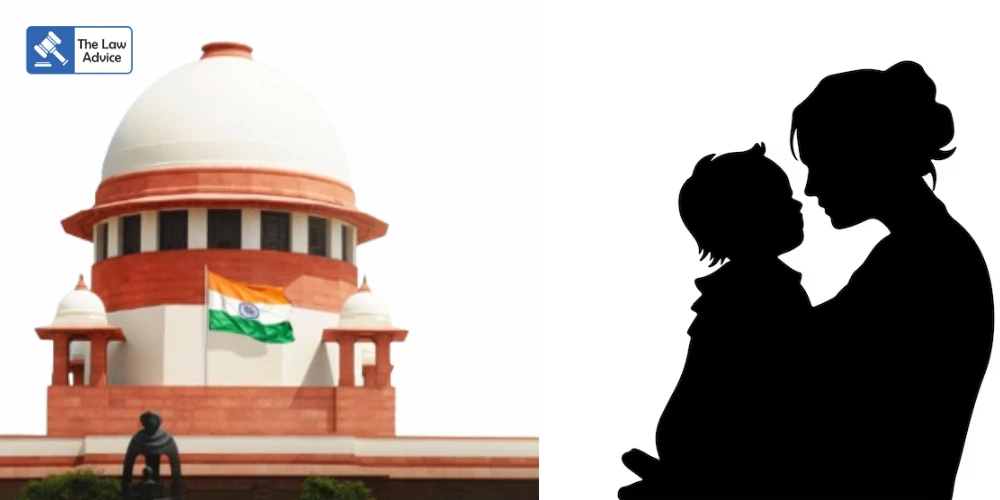
New Delhi, August 8, 2025
In a landmark moment that may redefine the interpretation of motherhood in military pension regulations, the Supreme Court has asked the Indian Air Force (IAF) to review its policy that bars stepmothers from receiving family pension benefits after the death of a serviceman.
The observation came during the hearing of a plea filed by a woman who raised her stepson from the age of six, but was denied pension on the grounds that she was not his biological mother.
A three-judge Bench comprising Justices Surya Kant, Ujjal Bhuyan, and N. Kotiswar Singh questioned the rigidity of the IAF’s interpretation of the term “mother” under its pension rules and called for a more humane, inclusive, and reality-based approach.
The Bench noted that when a woman takes on the responsibilities of a mother—raising, nurturing, and caring for a child—denying her pension solely due to the absence of a biological link undermines both equity and compassion.
“Just because she is not a biological mother, should she be left without any support despite devoting her life to the child?” the Court remarked.
The judges emphasized that welfare laws, especially those aimed at supporting bereaved dependents, must reflect real-life family dynamics rather than remain trapped in outdated legal definitions.
The case involved the death of an IAF personnel, whose stepmother—having raised him since childhood—applied for Ordinary and Special Family Pension. The authorities rejected her claim, citing Air Force Pension Regulations, which narrowly define “mother” to mean only a biological or legally adoptive one.
The Armed Forces Tribunal had upheld the IAF’s decision in 2021, prompting the petitioner to approach the Supreme Court.
The apex court, however, refused to view the matter through a purely legalistic lens and instead invoked principles of constitutional morality, justice, and the evolving concept of family in Indian society.
While the Court has not issued a binding order on the matter yet, its observations set the tone for a potential policy shift—not just in the armed forces, but in how welfare schemes across the public sector define family relationships.
This case may push the defence establishment and legislature to revisit existing regulations and allow room for stepmothers and other non-biological guardians to be recognised where they have demonstrably performed parental roles.
Website designed, developed and maintained by webexy